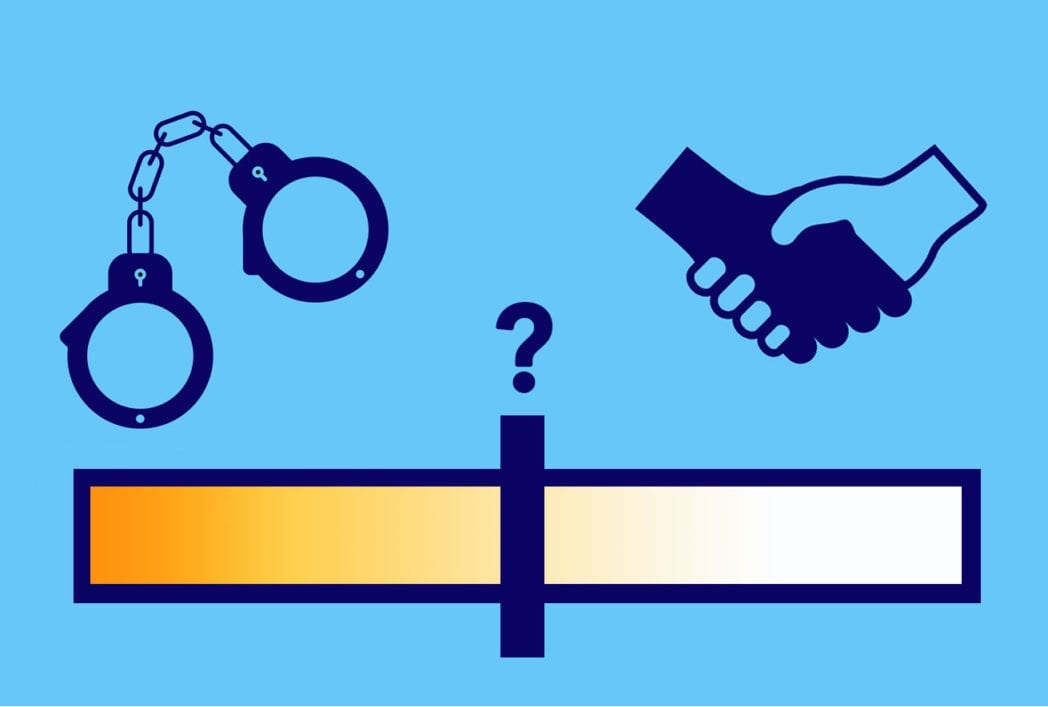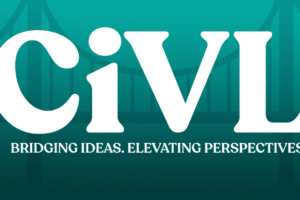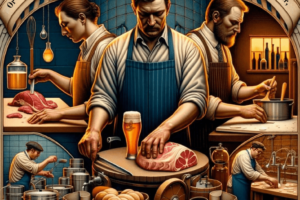What it Means to be a Progressive
Overview
The progressive self-image, from Three Languages of Politics by Arnold Kling…
My heroes are people who have stood up for the underprivileged. The people I cannot stand are the people who are indifferent to the oppression of women, minorities, and the poor.
Progressives seek to maximize equality, openness, and self-actualization. Progressives believe that…
- Unregulated human greed tends to create economic outcomes that are unfair and unequal.
- State action is necessary to correct these problems, because only The State has the required power, resources, and expertise.
- The proper use of state power can foster ever-increasing human progress.
Progressives also realize that state power can be used to hinder equality, openness, and self-actualization. This is why they favor limits on state power to protect the freedom of expression, including religious and sexual freedom. However, some progressives think the cause of social justice requires some state regulation of personal expression to curtail hate and intolerance.
What would things look like in a progressive world?
The progressive vision applies the scientific revolution to society itself. In a progressive world democratic majorities will approve large and dynamic plans to solve huge social problems. Progressives will…
- Regulate greed so as to foster competition, prevent monopolies, and conserve the environment.
- Expropriate resources from those who have too much to those who have too little.
- Pursue their plans in a balanced and humble way that will foster rather than hamper the entrepreneurial engine that creates human wealth.
Progressives believe their approach to scientifically planned regulation and reallocation will increase equality and fairness. Great disparities of wealth will decrease or disappear entirely. As a result, no one will lack for food, housing, education, and healthcare.
With these fundamentals taken care of, people will be free to grow and evolve, achieving self-actualization. This revolution of self-improvement will lead to further social progress. A progressive world will learn how to be more efficient, doing more with less, thereby protecting the environment. The human economy and the biological environment will harmonize.
Life will cease being a grim struggle for existence. Art, culture, and leisure will flourish in ways never before experienced. The pursuit of happiness will finally catch its quarry.
These domestic achievements will also influence the rest of the world, leading to peace, harmony, and cooperation.
Such vast goals that encompass all of society can only be achieved by an equally vast institution. The State is that institution. Only The State has sufficient power, wealth, and expertise to accomplish such large tasks.
In the progressive vision, The State is the means by which we all join together to do great things. But progressives also recognize that state power has hidden dangers…
Any institution that can force people to do good things can also do bad things. This is why progressives extoll democracy, dialog, and tolerance. This is also why progressives sometimes seek to regulate expressions that promote hate and intolerance. Reasonable regulations on toxic communications can help to foster a non-hateful democratic consensus that will achieve progressive goals while avoiding state tyranny.
There is no conflict between progressive fairness and human freedom. Rather, progressive fairness is the best way to maximize human freedom. Franklin Roosevelt said it well when he defined the Four Freedoms…
- Freedom of expression
- Freedom of worship
- Freedom from want
- Freedom from fear
Types of progressives
- Free Progressives: John Stuart Mill
- Civil-libertarian progressives: Glenn Greenwald, Tulsi Gabbard
- Liberal Progressives: Noam Chomsky
- Social Justice Progressives: Rachel Maddow, Elizabeth Warren
- Democratic Socialists: Bernie Sanders, Alexandria Ocasio-Cortez
Important progressive heroes and accomplishments
- Theodore Roosevelt started the National Park system, took steps to combat monopolies, and worked to foster worker safety.
- Franklin Delano Roosevelt saved the U.S. banking system, reformed capitalism, rescued the poor, ended the Great Depression, created Social Security for the elderly, and defeated fascism.
- John F. Kennedy created the Peace Corps to spread goodwill abroad, took key steps to roll back segregation in the South, resisted the Pentagon’s desire for war during the Cuban Missile Crisis, and worked to avoid deeper involvement in Vietnam.
- Lyndon Baines Johnson’s administration was marred by his support for the Vietnam War, but his Great Society legislation ended segregation in the South and provided healthcare for the poor and elderly through Medicaid and Medicare.
- Barrack Obama greatly expanded health insurance accessibility for millions of Americans through the Affordable Care Act.
Important progressive organizations
- The Brookings Institution is a progressive think tank founded in 1916,
- Antifa, short for “anti-fascist,” is a loosely organized movement that opposes and confronts far-right, fascist, and white supremacist ideologies and actions.
- Greenpeace is an international environmental organization that campaigns for issues like climate change, deforestation, overfishing, and pollution.
- Amnesty International is a global human rights organization that works to protect and promote human rights, including issues like freedom of speech, gender equality, and the abolition of the death penalty.
- Black Lives Matter is a movement and organization that advocates against systemic racism and violence toward Black communities while striving for racial justice and equality.
- Planned Parenthood is a reproductive healthcare organization that provides essential healthcare services, including reproductive rights, family planning, and sexual education.
- The Sierra Club is one of the largest environmental organizations in the United States, focused on preserving and protecting the natural environment, including wilderness areas and wildlife habitats.
- The Human Rights Campaign (HRC) is the largest LGBTQ+ civil rights advocacy group in the United States. It works for equality and legal protections for lesbian, gay, bisexual, and transgender individuals.
- Oxfam is an international confederation of organizations that aim to alleviate global poverty and injustice by tackling issues related to inequality, humanitarian crises, and economic justice.
- MoveOn.org is a progressive public policy advocacy group that mobilizes grassroots campaigns on various issues, including civil rights, climate change, and economic equality.
- The NAACP (National Association for the Advancement of Colored People) is one of the oldest and largest civil rights organizations in the United States.
- The Sunrise Movement is a youth-led movement that advocates for political action to address the climate crisis and achieve environmental justice. It specifically promotes the Green New Deal.
Important progressive books
- “The Feminine Mystique” by Betty Friedan: Published in 1963. This book helped birth the feminist movement.
- “The Souls of Black Folk” by W.E.B. Du Bois: Published in 1903, this book explores the African American experience. It addresses topics such as race, identity, and the struggle for equality.
- “The Shock Doctrine: The Rise of Disaster Capitalism” by Naomi Klein: Published in 2007, this book examines how economic and political elites exploit crises to advance neoliberal policies. It analyzes the consequences of privatization, deregulation, and austerity measures on societies and advocates for alternative economic models.
- “The New Jim Crow: Mass Incarceration in the Age of Colorblindness” by Michelle Alexander: Published in 2010, this book sheds light on the racial biases and systemic inequalities within the American criminal justice system. It explores how the war on drugs disproportionately targets and marginalizes communities of color, perpetuating a cycle of racial oppression.
- “Capital in the Twenty-First Century” by Thomas Piketty: Published in 2013, this book examines the dynamics of wealth and income inequality. Piketty provides historical and economic analysis to argue that without state intervention, wealth will become increasingly concentrated in the hands of a few, leading to social and economic instability.

Ready to take the latest test for Progressives?
The Human Respect Test is designed for Progressives just like you to measure if your beliefs are Respectful or Coercive.
Take The Test
























